Fatigue is your body's way of adapting to a fitness regimen and making you aware that you have reached your limit. So while you can’t completely avoid exercise fatigue, the following healthy lifestyle changes and tips can help keep you from hitting a wall in your workout.
Your daily food intake should include complete proteins (such as meat, eggs and milk, or quinoa, chia seeds and soy if you follow a plant-based diet), fruits, vegetables and carbohydrates. The amount of carbohydrates you eat should be about 40-60% of your caloric intake for aerobic athletes and 30-35% for anaerobic (nonaerobic) athletes. This will maintain your muscles’ glycogen levels, which are depleted during exercise. Protein consumption should account for about 20-30% of your caloric intake and healthy fats should make up the remaining 10-15%.
Eat a light meal or snack about two hours before working out. Try to avoid working out on a full stomach or an empty stomach. Also make sure to eat within one hour after your workout. This meal should be high in protein as it will aid muscle recovery and help your muscles repair from the stresses that exercise places on them.
Drinking water throughout the day and during exercise is crucial to prevent dehydration and muscle fatigue. Try to drink 10 to 12 8-oz glasses of water daily and 7 to 10 ounces of water every 10 to 20 minutes while exercising. This will replace the water that is lost due to sweating.
As your respiratory muscles begin to fatigue, oxygen is redirected from your limbs to your diaphragm. One way to improve your endurance is to gradually increase your aerobic capacity with interval training. You can also increase aerobic capacity by changing things up from time to time and incorporating different types of exercise. Say you’re a runner who hits the pavement four to five times a week.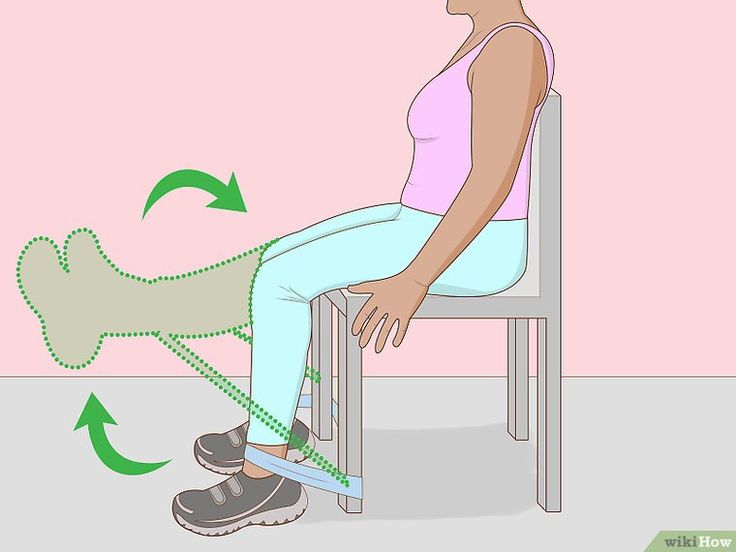 Instead, think about swapping out one or two of your runs for a bike ride or a swim.
Instead, think about swapping out one or two of your runs for a bike ride or a swim.
Cross training, or mixing both aerobic and strength-based workouts, is another option that has been shown to be beneficial in improving aerobic capacity. Whatever method you choose, as your endurance increases, the added boost of oxygen in your blood will keep your muscles working for longer periods of time and prevent lactic acid buildup.
Pay attention to muscle imbalances and incorrect movement patterns. The right strength and flexibility will help you achieve correct form during exercise. If you can’t perform an exercise with proper form, you should either decrease your weight or modify the exercise. Improper body mechanics decreases efficiency and burns more energy than necessary. Use a mirror to help provide visual feedback. This allows you to see if you are using correct form as well as highlights where adjustments in technique need to be made.

Complete a warm-up and cool down for 5 to 10 minutes each time you exercise. Start off slowly and steadily increase the intensity of your workouts so that your muscles are gradually challenged and can build over time. A dynamic warm-up, such as foam rolling, dynamic stretching and mobility exercises, is a great way to get the body primed and ready to move.
Allow adequate rest between workout sessions and strength repetitions. Make sure the rest break is enough to catch your breath between exercise sets. Listen to your body; fatigue is a sign that recovery has not taken place yet. If that is the case, then perform active recovery, which means participating in low-impact, low-intensity exercise such as walking, light swimming or yoga. Do not return to higher-intensity exercise until you feel fully recovered and recharged.
Lastly, the most important thing for recovery is sleep. Make sure that you are getting plenty of rest and allowing your body to repair after working out.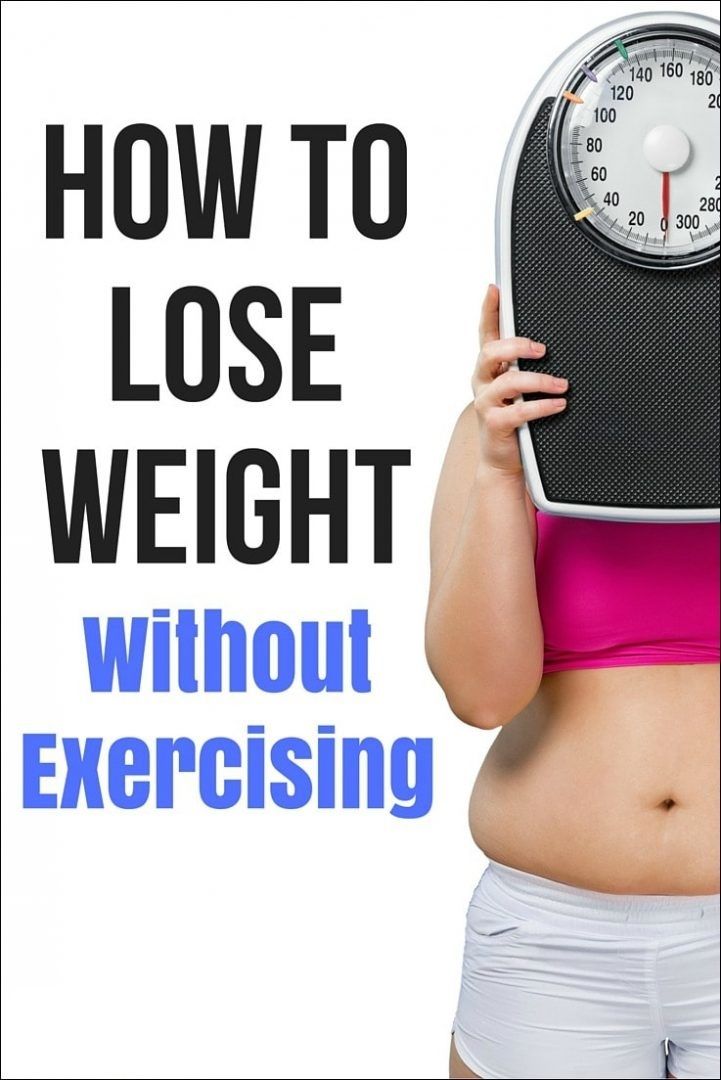
Whether you’re struggling to finish your squats on leg day, or your breezy 5km run suddenly feels like a marathon – there are a number of reasons why you might be getting tired quickly during exercise. From dehydration to skipping those all-important rest days, mid-workout fatigue can quickly creep up on you and leave you feeling frustrated and unmotivated.
However, once you’ve identified the cause of your fatigue, we’ve got the solutions to get you back on track and feeling your best.
Whether your diet is filled with more sweets and chocolate than fruit and veg, you’re not eating enough calories to sustain your activity levels, or you’re simply not consuming your food at the right times to fuel your workout – your diet plays a big role in preventing you from getting tired quickly during exercise.
Although it might be on-trend to skip the carbs in favour of a high fat, high protein alternative, it won’t be doing you any favours in the gym.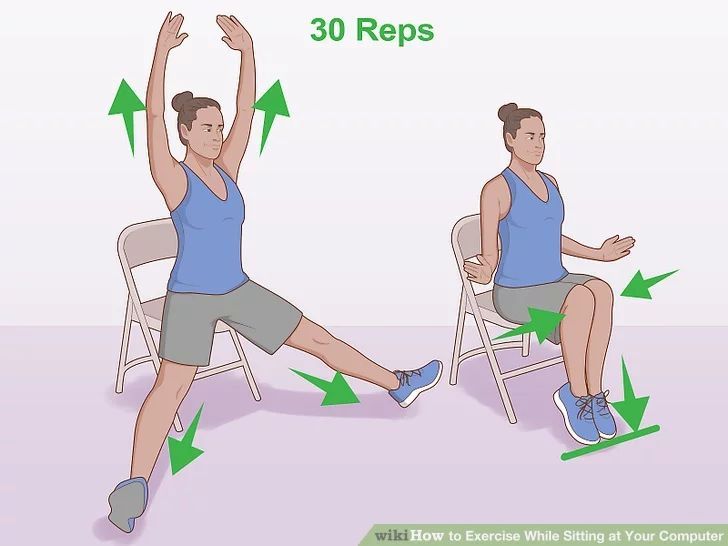 Carbohydrates are your body’s preferred energy source, so if you’re skipping the bread in favour of another protein shake then that could be the reason why your muscles fatigue quickly during exercise.
Carbohydrates are your body’s preferred energy source, so if you’re skipping the bread in favour of another protein shake then that could be the reason why your muscles fatigue quickly during exercise.
Think of it like this – if you didn’t put enough fuel in your car for your journey, you wouldn’t expect to get from A-B without any problems, so why would you expect your body to be any different?
As a rule of thumb, you should be consuming about 0.25-0.5g of carbs per kg of bodyweight around three hours before training. Focus on slow-release carbohydrates such as brown rice or oats to give you a sustainable source of energy.
If you’ve not got time for a meal before your workout, then opt for some simple carbohydrates like a banana 30 minutes before you train to give you that boost you need.
However, if you’re still set on keeping your carb intake low, then switching to low-impact exercise will help to preserve your energy during workouts to help prevent you from getting tired mid-workout.
As we touched on earlier, it’s important to make sure you’re eating something before your workout in order to give your body the energy it needs to perform. However, your food timings are just as important as what you’re eating.
Eat too close to your workout and you risk feeling sluggish during your workout, as your body will divert the blood supply needed for digestion to your muscles. Not only does this mean that the food you’ve eaten won’t be broken down into glucose for energy in time for your workout, but it will leave you feeling lethargic and nauseous, which isn’t ideal when you’re trying to get in those PBs.
However, if you leave too much of a gap between your last meal and your workout, then you risk feeling dizzy and fatigued during your workout.
To make sure you’re fuelled up, you should aim to eat a small meal around three hours before your workout or a small snack around one hour before - and no less than 30 minutes - to give you the energy you need.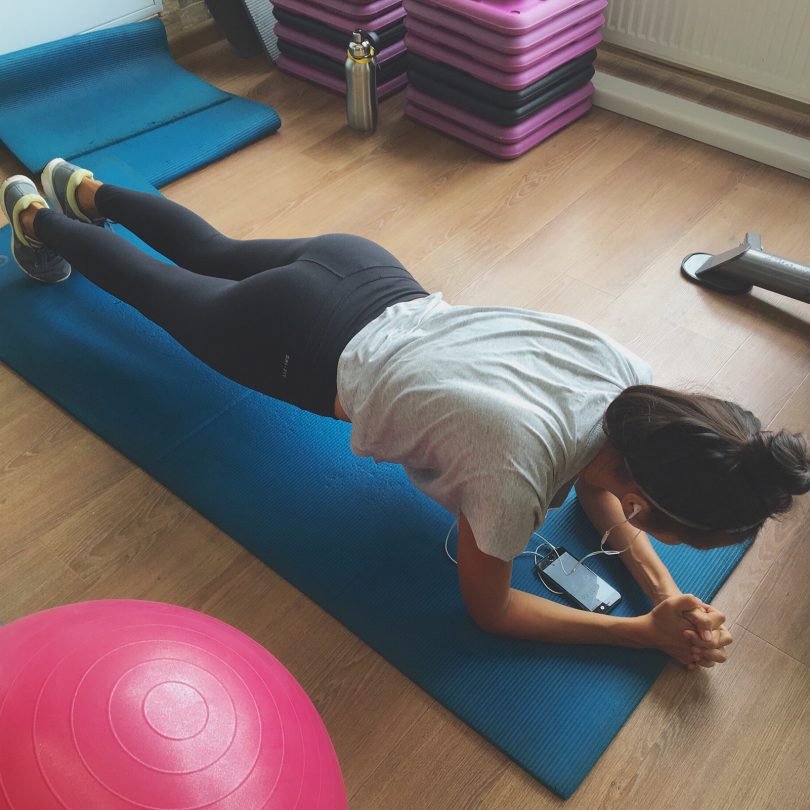
If you’ve got your pre-workout meal timings down to a tee but you’re still getting tired easily during exercise, then dehydration might be to blame.
Dehydration decreases your blood volume, meaning your heart has to work harder to get it pumping to deliver nutrients and oxygen to the muscles being used during your workout. Additionally, if you’re exercising on a hot day or taking part in a sweaty HIIT session, then you’ll lose even more fluids in your sweat, leaving you feeling lethargic and preventing you from finishing your workout.
Aim to drink water consistently throughout the day and top up with around 500ml around two hours before your workout to make sure you’re fully hydrated. It’s just as important to make sure you’re staying hydrated during your exercise session too, so make sure you’re taking regular sips of water throughout to fight off that mid-workout fatigue.
If you’re looking to smash those PBs, you might think training every day is the way to go. However, overtraining and under-recovery can actually hinder your progress, causing your muscles to fatigue quickly during exercise and prevent you from applying progressive overload.
However, overtraining and under-recovery can actually hinder your progress, causing your muscles to fatigue quickly during exercise and prevent you from applying progressive overload.
A rest day allows your muscles to recover from the exercise you’ve been doing, meaning you can come back stronger each time. A rest day should never be considered as an optional part of an exercise regime, so you should aim to schedule in at least two rest days per week depending on your exercise intensity.
If you’ve noticed that you’re getting tired quickly during exercise, it might be because of a lack of sleep. Whether you’ve been burning the candle at both ends, or you find yourself lying awake at night thinking about your to-do list for the next day - a lack of quality sleep can have a huge impact on your energy levels during exercise.
When you’re sleeping, your body produces the growth hormone that’s essential for muscle recovery. Not only is it important for recovery, but if you’re not getting the recommended 7-9 hours of sleep per night, you’ll find yourself lacking in energy during your workouts and unable to push yourself to your maximum capacity. So if you’ve noticed your energy levels slipping during exercise, then getting a few extra hours of shut-eye might just be the solution.
So if you’ve noticed your energy levels slipping during exercise, then getting a few extra hours of shut-eye might just be the solution.
When it comes to exercise, it’s a marathon, not a sprint. Whether you’ve just started out or you’ve been training in your chosen sport for years – it’s important to view it as a lifestyle rather than a quick sprint towards your goals.
If you’ve noticed that your muscles tire quickly during exercise, it might be because you’ve been pushing yourself too hard too soon. Whether you tried to run a 10k before you could comfortably run 5k, or you’re increasing your weights in huge increments at the gym – pushing yourself too hard might just be the reason why you’re getting tired quickly during exercise.
Instead of adding on those extra kilometres or kilograms, aim for a progressive overload each session. From adding a small amount of weight each time, to increasing your reps – progressive overload will help to prevent injury, improve fitness and prevent unnecessary fatigue, allowing you to reach your athletic goals.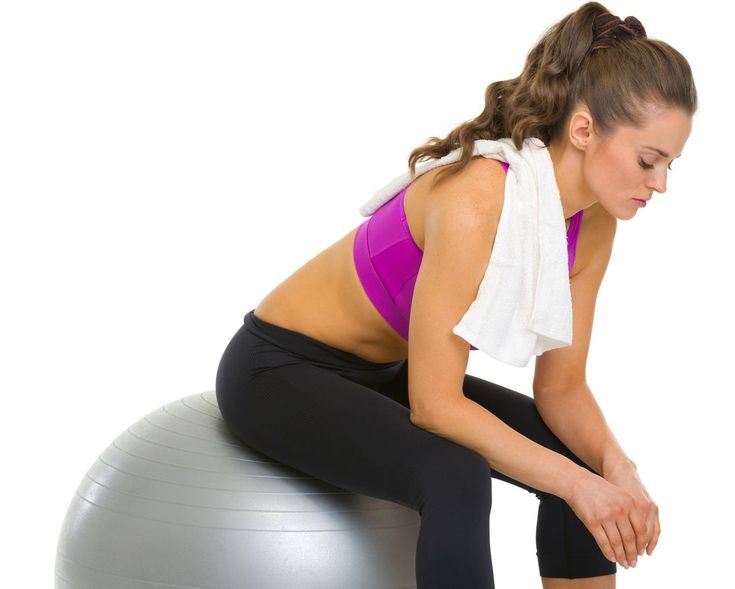
Working out puts stress on your body, increasing your cortisol levels. Although a long run or hard gym session might be a great way to blow off steam, if you’re already stressed out then you might find yourself unable to complete a workout.
Studies have shown that stress and mental fatigue can have a huge impact on physical performance. This is because both your muscles and cognition are controlled by a part of your brain called the anterior cingulate cortex, so if that’s already fatigued before you begin a workout, then you’ll probably notice that your muscles tire quickly during exercise too.
This isn’t to say you should skip a workout after a stressful day at work, but if you’re feeling chronically stressed then it might be time to skip the weights in favour of a yoga session.
From a lack of proper nutrition, to pushing yourself too hard during exercise, it can be difficult to pinpoint the exact reason why you’re getting tired quickly during exercise. Whether you schedule in a few extra rest days each week, or simply make sure you have a carbohydrate-rich pre-workout snack – you’re sure to notice an improvement in your workouts in no time.
Whether you schedule in a few extra rest days each week, or simply make sure you have a carbohydrate-rich pre-workout snack – you’re sure to notice an improvement in your workouts in no time.
Maximize your time in the gym by following these proven tips from professional athletes.
Fatigue is the worst enemy of even the most motivated gym goers. You go to the gym with the intention of getting through a tough workout, putting in every last drop of energy, and ready to follow your plan in detail. You intend to train to failure, pushing your body to its physical limits. However, as soon as you begin to feel the first signs of fatigue, your zeal and energy reserves are suddenly and dramatically depleted.
The ability to cope with fatigue and prevent its rapid onset and the predominant influence in the course of training separates the good from the great. To achieve "athletic greatness" and prevent signs of fatigue from quickly appearing, follow the tips in this article from top successful athletes to help you improve your ability to fight fatigue and spend more time in the gym.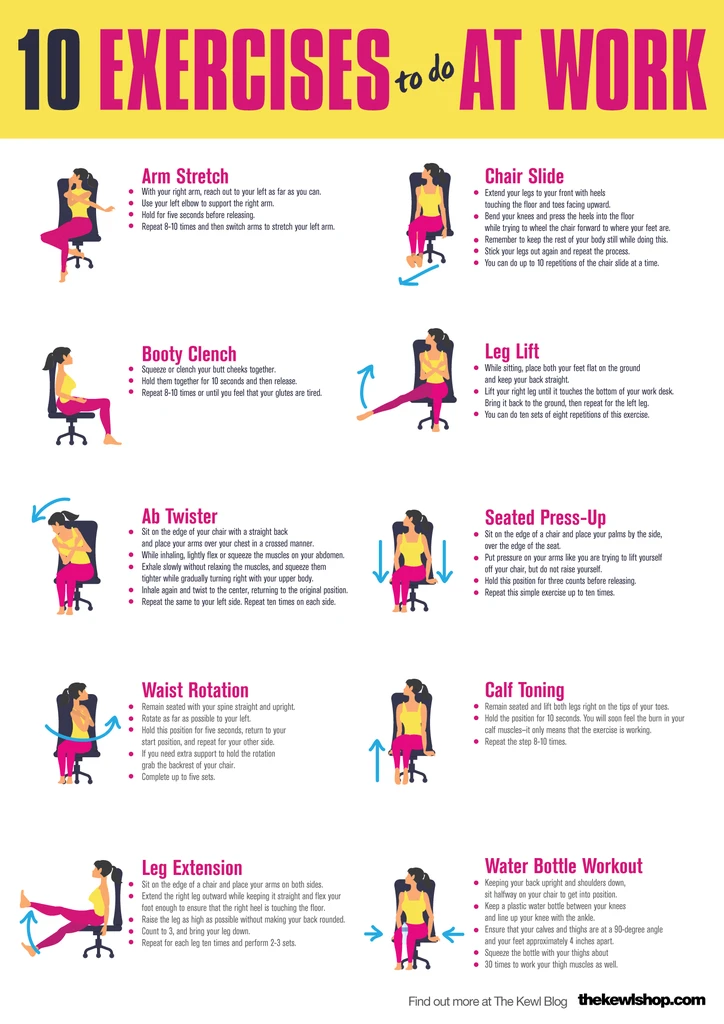
To increase his endurance, IFBB professional and bodybuilding competitor Craig Capurso turns to sports supplements for help. “As part of my training, I increase my endurance threshold by taking caffeine and branched-chain amino acid supplements, which have been shown to be effective in reducing fatigue and helping to increase the duration of training,” Capurso shares the advice.
Supplementation with BCAAs provides the body with essential amino acids, in particular leucine. They also prevent muscle breakdown and act as a source of fuel for muscle tissue. In addition, taking BCAAs during exercise helps combat general fatigue, which in turn helps conserve energy and increase exercise intensity during exercise.
Caffeine increases energy, attention, has a stimulating effect and accelerates blood circulation. However, pay close attention to the dosage, as too much caffeine will not do you any good. Studies show that the optimal dosage is 3.2-5.5mg per kilogram of body weight, which means approximately 275-460mg of caffeine for an 85kg man or 215-365mg for a 65kg woman.
Studies show that the optimal dosage is 3.2-5.5mg per kilogram of body weight, which means approximately 275-460mg of caffeine for an 85kg man or 215-365mg for a 65kg woman.
Also, don't underestimate the power of pre-workout supplements. The right combination of ingredients can help you defy fatigue decisively. "My favorite pre-workout supplement is C4 Ripped," says fitness model Jen Jewell. "It gives me an extra boost on my strength training days and is also effective at helping burn fat."
Another rule that Craig Capurso follows is training to failure. "I'm always exercising above standard volume," he says. "While most athletes train to the point where they feel the characteristic burning sensation in the working muscles due to the formation of lactic acid, I end the workout only when I can hardly breathe." Mentally repeating the motto: "Don't give up" when you're having a hard time is an important part of any effective workout.
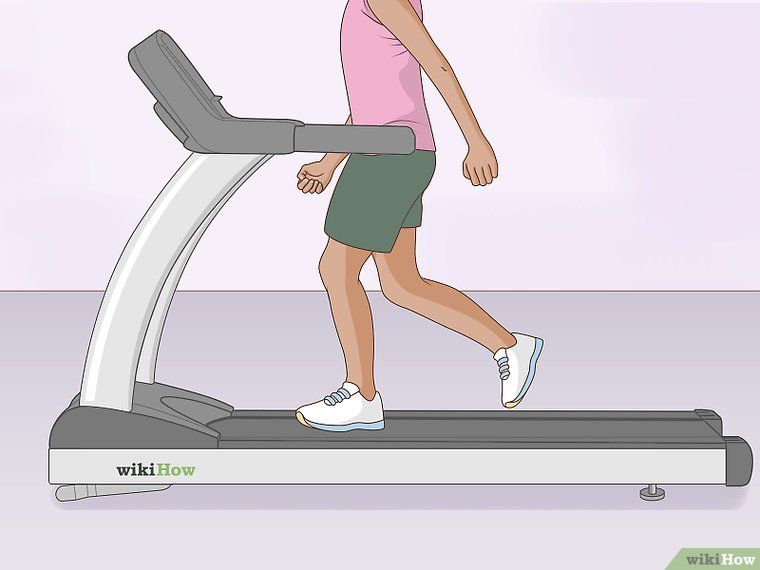 Limit your sugar intake… but only during certain periods of time
Limit your sugar intake… but only during certain periods of time Sugar in general is extremely bad for your diet, but the only time it can even be beneficial is when consumed during workouts.
“If I feel like I’m starting to skid and get tired during my long two-hour workouts, I eat a couple of fat-free candies to give myself an extra boost of energy,” explains USAPL powerlifter Karina Baymiller. they are quickly digested and provoke a burst of energy."
Keep in mind that a very small amount of sugar is enough for optimal effect. By consuming too many low-calorie sweets, with each workout, you will somehow consciously increase body fat stores, thus hindering your own goals of losing excess weight and forming a lean and toned figure.
In addition to eating some sugar to boost energy during workouts, Carina Baymiller also keeps a close eye on her pre-workout meals. "In order to get the energy to perform the high volumes of exercise during my intense powerlifting sessions, I always try to eat enough food before training," Baymiller says.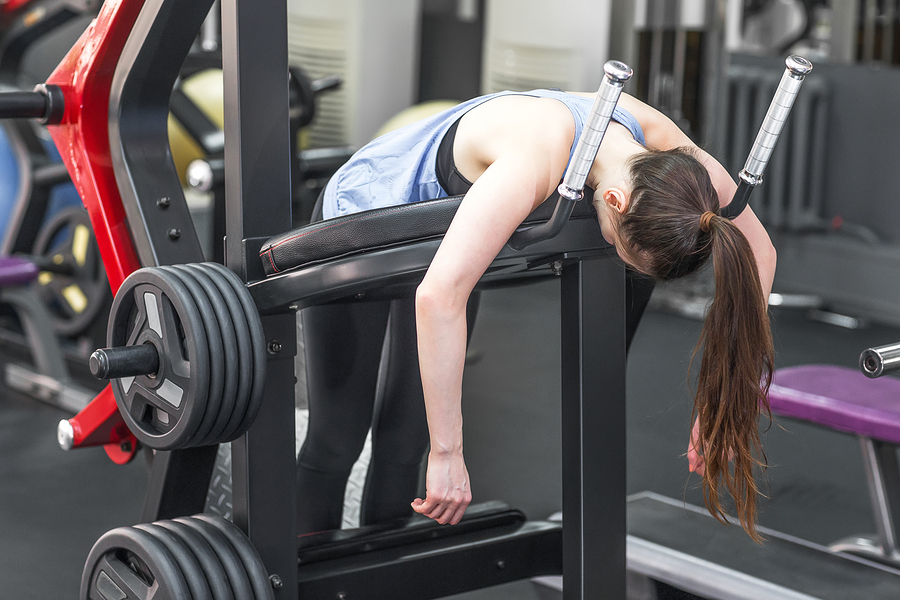 "At this time, I consume about 25 percent of the total daily carbohydrate intake."
"At this time, I consume about 25 percent of the total daily carbohydrate intake."
In addition to a high dose of carbohydrates, Baymiller takes about 25-35 grams of lean protein; at the same time, it necessarily provides the body with enough time to digest food before going to the gym. The digestive system of each person has a number of individual characteristics. But a general good rule of thumb for all athletes is to consume less fiber just before training and remember to take at least 60-90 minutes after a heavy meal for sufficient digestion.
This may seem obvious, but just make sure you don't trigger a rapid onset of fatigue in the first place by going to the gym squeezed like a lemon. “You will get tired much faster if you are on your feet all day before training,” explains bodybuilder Calum von Moger. “I used to be so tired after work that I simply fell asleep in the car for half an hour before going to the gym.”
If you don't have the time or opportunity to nap during the day, make sure you schedule your workouts so you don't come to the gym completely exhausted.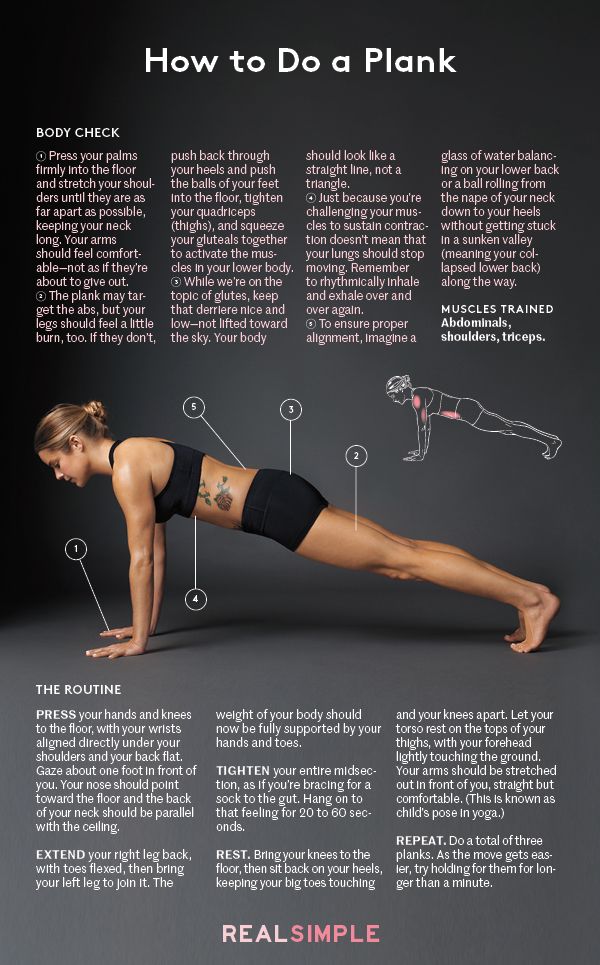 And if you really didn’t have time to rest and recover from the previous day of training, don’t rush things. Sometimes an unplanned rest day is much more effective than going to training too often in a state of fatigue.
And if you really didn’t have time to rest and recover from the previous day of training, don’t rush things. Sometimes an unplanned rest day is much more effective than going to training too often in a state of fatigue.
Hydration is another success factor that athletes often overlook. "Keeping the body well hydrated has a number of benefits to overall health and fitness, and getting enough fluid before exercise is just as important as proper nutrition," explains Jan Jewel. "I always drink water before, during, and, of course, after training.
Be sure to drink at least 1-2 glasses of water an hour or two before training, one glass of water every 20 minutes during intense exercise, and another 1-2 glasses for several hours after exercise.
To adequately replenish the fluids used during training, weigh yourself before and after training. Consume an average of one liter of fluid for every kilogram of weight lost during training.
If you are prone to profuse sweating, it is recommended to take electrolyte drinks to maintain adequate levels of potassium and sodium in the body.
September 12, 2021, 00:01
Sport
Moscow 24 observer, fitness expert and TV presenter Eduard Kanevsky told what needs to be done in order not to get tired during the working week and wake up easily in the morning.
Photo: depositphotos/fizkes
As Mikhail Zadornov said: "Morning is the part of the day when you envy the unemployed." Indeed, getting up early can be hard, especially towards the end of the week. And it is necessary and desirable to work productively. How to be cheerful in the morning, so that you don’t feel overwhelmed in the evening, and don’t spend weekends only on sleep?
Of course, I can bombard you with banal advice: drink a cup of strong coffee, take a contrast shower or exercise.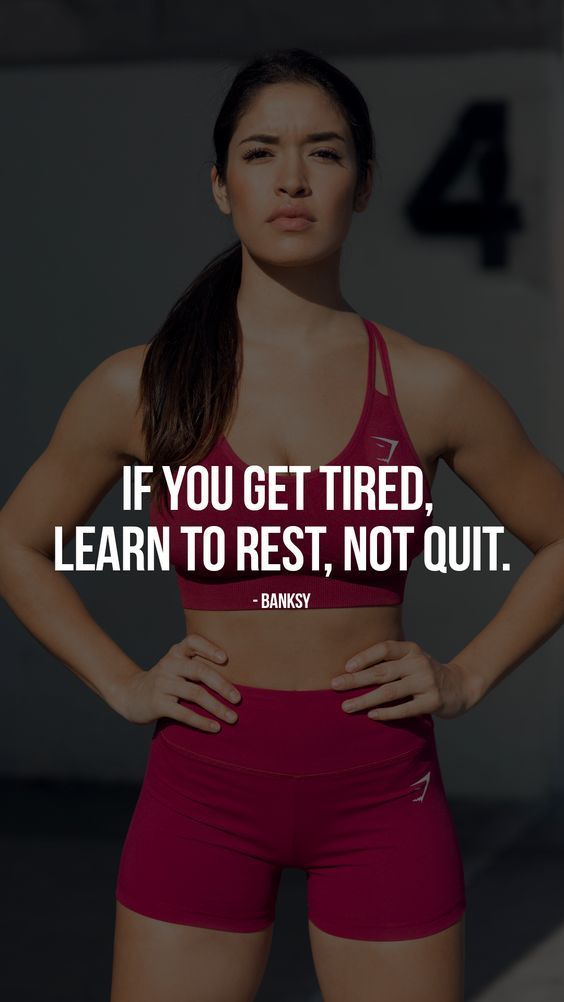 All this is great, but not everyone likes coffee, and also pouring cold water on them when they are awake. And exercising on cold muscles and ligaments is a dubious occupation. Moreover, in order to perform several such procedures in a row, you need to sacrifice the most important thing - sleep, since the morning ritual will take at least half an hour.
All this is great, but not everyone likes coffee, and also pouring cold water on them when they are awake. And exercising on cold muscles and ligaments is a dubious occupation. Moreover, in order to perform several such procedures in a row, you need to sacrifice the most important thing - sleep, since the morning ritual will take at least half an hour.
How then to do so that the morning does not turn into a nightmare? The question is global, because the way we sleep, wake up, work and rest is influenced by our lifestyle, habits, nutrition, as well as the ability to correctly plan our schedule.
Let's go in order. Did you know that now regular training is a new trend. And it is connected not so much with the desire of a person to lose weight or gain muscle mass.
Those who go in for fitness or sports are those who realize that a well-trained body means an improvement in the quality of life in general. That is, strengthening health, increasing efficiency, reducing stress levels, as well as stronger stable sleep.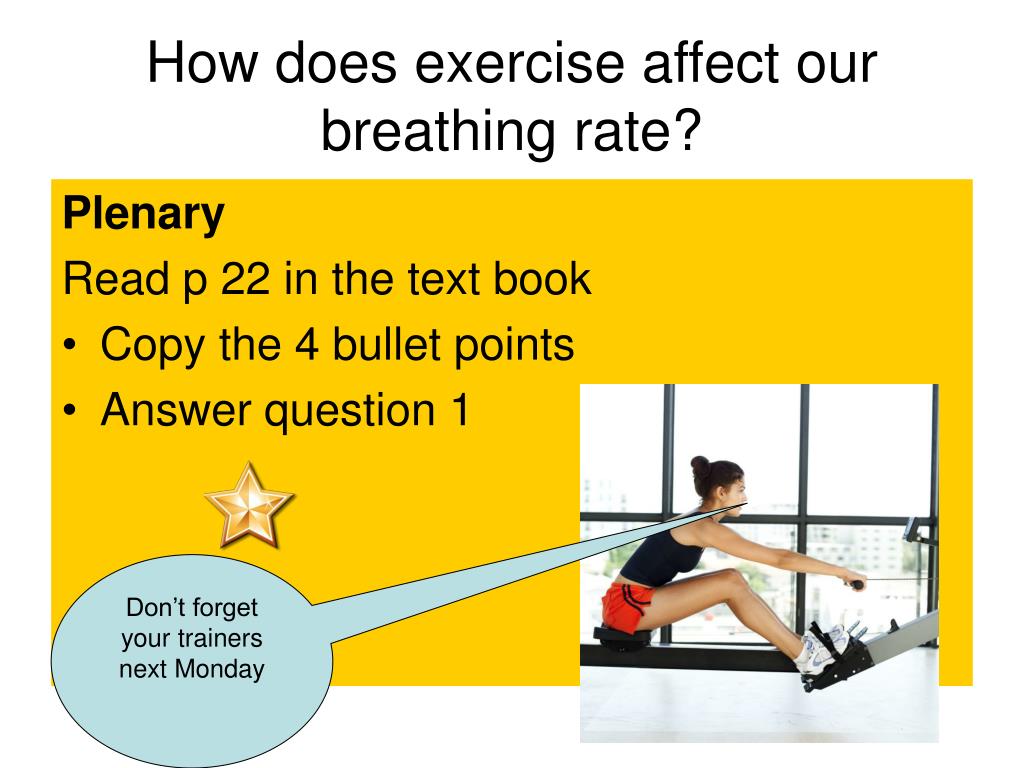
But it is important to understand that we are talking about moderate, not excessive loads, and they must be systematized and regular. The duration of such classes is about an hour, from two to five times a week.
Photo: depositphotos/VitalikRadko
An important factor in good sleep, as well as well-being in general, is the diet and the quality of the products themselves. It's no secret that if you eat a heavy meal at night, you don't even have to think about a good sleep. And if it is also heavy food - fatty and fried - you should forget about what it means to get enough sleep.
To improve sleep, you need to normalize your diet: a hearty breakfast, a hearty lunch, a proper snack and a light dinner rich in fiber and protein. Moreover, you need to finish the evening meal at least two hours before the night's rest. But in no case do not starve - this also affects the quality of sleep. Also, do not forget to drink enough clean water per day.
It is also important not to drink alcohol or to minimize its amount as much as possible. Alcoholic beverages dehydrate the body, are a toxin for the liver, and are generally harmful to health.
Alcoholic beverages dehydrate the body, are a toxin for the liver, and are generally harmful to health.
At high doses, they make you sluggish and "sick" the next morning. That is why I do not recommend drinking a lot on Friday night, then to recover all weekend instead of a good rest.
Well, an important component of good health is the mode of life. It's not just meals and workouts, it's whether you stay late at work, how late you go to bed, what time you wake up, and so on. There is nothing worse than spontaneity and excesses, when you simply cannot build a system in which you will be truly comfortable.
We have to admit that we are wasting a lot of time. For example, we get stuck on our smartphone for hours, we waste hundreds of hours a year on games or social networks when there is absolutely no such need for this.
Photo: depositphotos/IgorVetushko
And another good way to recuperate is an evening walk, preferably in a park area.